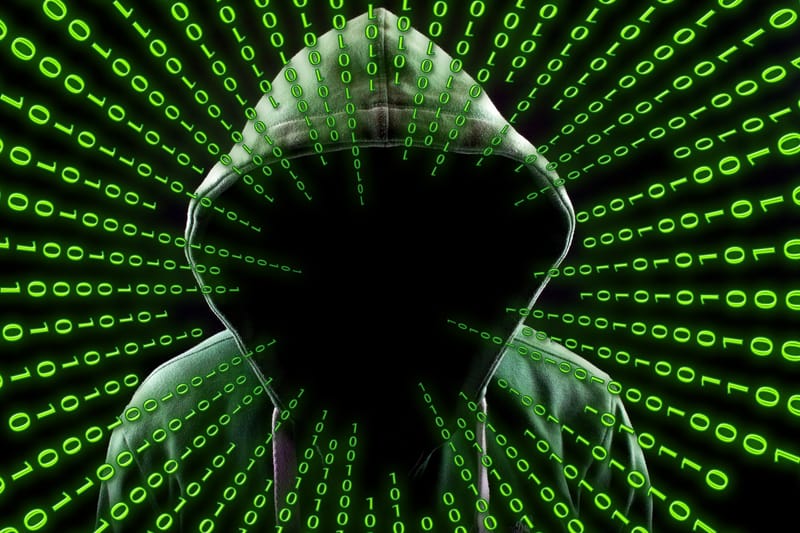Context

The Ukraine war, Covid-19 and the Trump presidency highlight the threat disinformation poses to democracy. Yet the implicit persistence of Cold War binaries – pitting democratic 'truth-telling' against totalitarian 'deceit', even in relation to homegrown disinformation – has seriously hampered attempts to counter this problem in the multipolar, Big Data age. The result is a glut of poorly differentiated terms: disinformation, misinformation, fake news, post-truth, and astroturfing, to name just a few. This dichotomous viewpoint heeds neither the contested meaning of disinformation, nor how the narratives it designates change across time, languages and cultures.
Such limitations explain the emergence of a 'Big Disinfo' industry: the burgeoning of monitoring initiatives whose success depends on maintaining the sense of an undifferentiated morass of toxicity rather than trying to draw out fine distinctions of language, meaning, culture or context. In conflating disinformation with related concepts like propaganda, conspiracy theories, and trolling, such reductionism obscures the operational modes of disinformation actors, furnishing them with counter-narratives that use the very lexicon deployed against them. Our project will make the first effort to address these shortcomings.